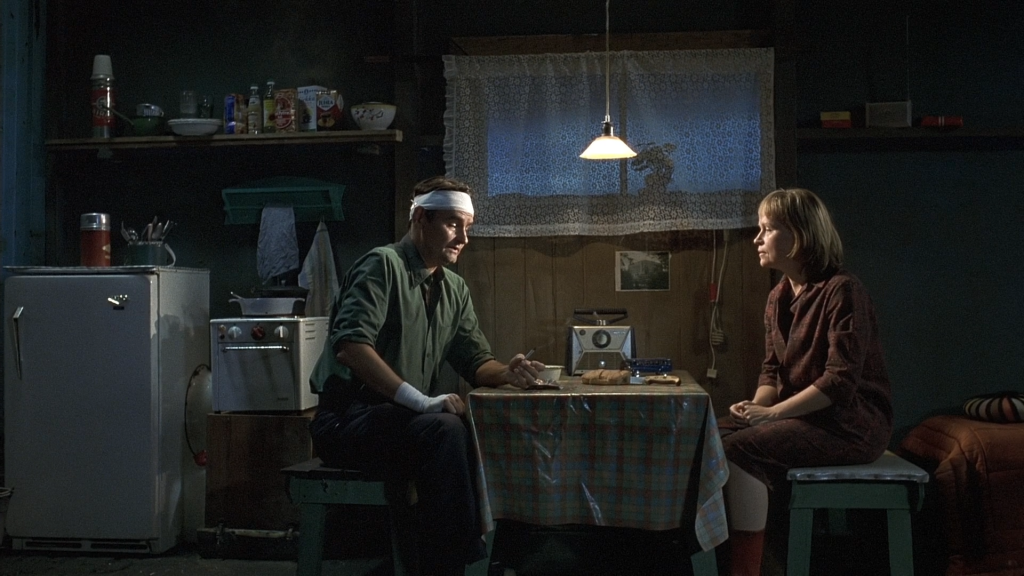
LEARNING OUTCOMES
The studio introduces advanced skills, concepts and approaches essential to understanding and engaging with contemporary challenges in architecture and urban design. Organized in 6-7 parallel streams of exploration, each stream is aiming at a common set of learning outcomes that enable students to
1. Research, analyse and synthesise contextual knowledge.
2. Apply fundamental design principles and adapt them to sustainable design response.
3. Work productively in small design teams by enhancing inter-personal skills, verbal communication skills and critical thinking.
4. Communicate design intentions and concepts according to disciplinary conventions.
5. Explore creative processes and idea generation and demonstrate critical evaluation of these processes in their design work.
6. Appraise how design can impact, interact with, and improve environments.
Credits: 12
Schedule: 03.09.2024 - 03.12.2024
Teacher in charge (valid for whole curriculum period):
Teacher in charge (applies in this implementation): Helmi Kajaste, Jenni Reuter, Jere Pääkkönen
Contact information for the course (applies in this implementation):
CEFR level (valid for whole curriculum period):
Language of instruction and studies (applies in this implementation):
Teaching language: English. Languages of study attainment: English
CONTENT, ASSESSMENT AND WORKLOAD
Content
valid for whole curriculum period:
The studio is organized in 6-7 parallel streams of exploration. These explorations are related to varying contemporary issues in architecture. The latest list of topics is available in the syllabus together with a description of the content of each stream and the specific learning outcomes.
Assessment Methods and Criteria
valid for whole curriculum period:
Evaluation criteria vary for each of the streams. Please refer to the syllabus of the course for further information.
Workload
valid for whole curriculum period:
Methods vary for each of the streams. Please refer to the syllabus of the course for further information.
DETAILS
Study Material
valid for whole curriculum period:
Learning materials are available at the MyCourses website.
Substitutes for Courses
valid for whole curriculum period:
Prerequisites
valid for whole curriculum period:
SDG: Sustainable Development Goals
1 No Poverty
2 Zero Hunger
3 Good Health and Well-being
4 Quality Education
5 Gender Equality
7 Affordable and Clean Energy
8 Decent Work and Economic Growth
9 Industry, Innovation and Infrastructure
10 Reduced Inequality
11 Sustainable Cities and Communities
12 Responsible Production and Consumption
13 Climate Action
14 Life Below Water
15 Life on Land
16 Peace and Justice Strong Institutions
17 Partnerships for the Goals
FURTHER INFORMATION
Further Information
valid for whole curriculum period:
Teaching Language: English
Teaching Period: 2024-2025 Autumn I - II
2025-2026 Autumn I - IIRegistration:
Min 15 students, Max 140 students
Registration for courses Sisu. Priority order to courses is according to the order of priority decided by the Academic committee for School of Arts, Design and Architecture, https//www.aalto.fi/en/services/registering-to-courses-and-the-order-of-priority-at-aalto-arts
